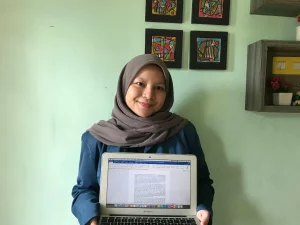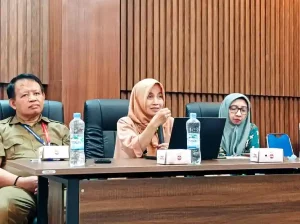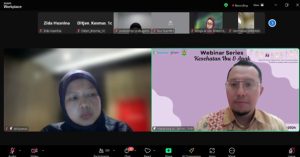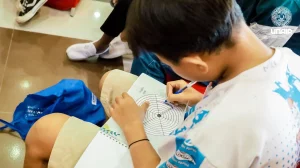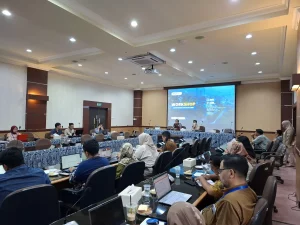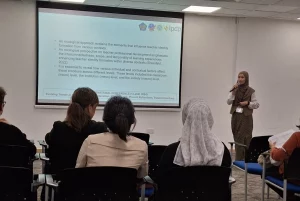Who does not know about teenagers? Who has never been through adolescence? Almost every adult knows and even experiences adolescence, so we will not run out of stories about them. Teenage period is a very complicated period, in some cases, adolescents are a group who are ready to live independently, but there is something different in several other things.
Physically, adolescents can live independently. However, skills, education, and economics are some things that still need development and even assistance from others. The World Health Organization (WHO) defines adolescence as the age group of 10 to 19 years.
Teenagers are a potential group age to develop a nation. With good and optimal handling, a nation will be great if it considers adolescent well. Teenagers today are the successor to the nation in the future. With great teenagers, the country will develop into a big one.
Reproductive health is the right and also the obligation of all human beings and even adolescents. Reproductive health has only been considered a commodity for adult humans. Adolescents who have started to develop their reproductive organs physically must also get attention from all parties. With a total population of almost 30% of the total population in Indonesia, adolescents constitute a very large group. Great care to maintain this asset is needed.
Since 2003 the government, through the Ministry of Health, has been developing youth health care services. Reproductive health services intended for adolescents are a bit unique because reproductive health is still considered taboo to be discussed in eastern cultures such as in Indonesia. The community health centers (puskesmas) are expected to provide comprehensive, comfortable and suitable health services according to the desires of youth.
The biggest question from all of this is, has the program been implemented well so far?
Health services that concern for adolescents should be able to involve adolescents, from planning to evaluation, so they are no longer subject or passive targets. Adolescents are expected to be able to provide input that develops health services appropriate for their world.
When research on the implementation and facts about reproductive health services for adolescents was conducted, some astounding answers were found. There were answers from respondents who said that they had never heard of health services for them. It is certainly very sad for a program. The target does not even know the program itself.
Teenagers are also very uncomfortable with the health services that have been available to them. They expected “youth” health services. Teenagers consider that health services for them can be provided with a more relaxed atmosphere, not like a “hospital”.
Teenagers hope they get a more relaxed and comfortable service. They would instead go to a cozy cafe than go to a very rigid clinic. Health services for them should be able to provide a comfortable atmosphere for them, so they want to come and get optimal reproductive health services.
Hopefully, adolescent reproductive health care services can place adolescents not only as objects but as active subjects. So teenagers can give suggestions on how services are appropriate for them.
A more bitter fact found was that the methods and media used in reproductive health services for adolescents are patronizing them. They do not feel like being guided, but rather are forced to obey. Teenagers feel the method to provide knowledge can be more fun and less boring.
There is also a need to involve young people in the program planning. Because so far, there are only very few or even rare teenagers engaged in program planning. According to the national standards for PKPR implementation, young people need to be involved, starting from planning to program evaluation.
We are waiting for young-minded leaders who can provide youthful care for adolescent reproductive health services in the future. I don’t know when it will come true. But hopefully, it won’t be long. Teenagers need this attention immediately. Because by paying attention to them well, it means we also care about this nation. (*)
Author: Pulung siswantara
Details of this research available at:
http://www.indianjournals.com/ijor.aspx?target=ijor:ijphrd&volume=10&issue=5&article=098



